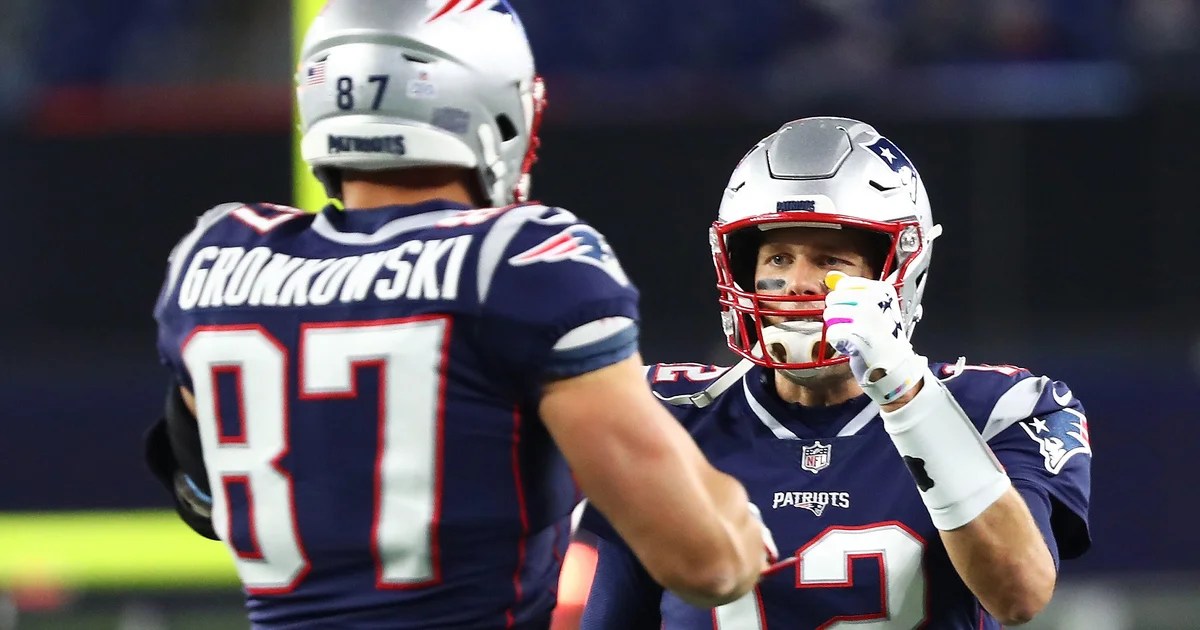As Jim Nantz prepares to broadcast the Jets-Bills game this Sunday, he will mark his 40th anniversary with CBS. However, rather than focusing on his own celebrated career, the veteran broadcaster is contemplating the future of his craft and asking a critical question: Who will be next?
Speaking on the SI Media Podcast, Nantz addressed a recent observation from fellow announcer Mike Tirico that aspiring broadcasters are more drawn to the confrontational, opinion-driven style of personalities like Stephen A. Smith than the traditional play-by-play role he embodies. “It speaks to the power of social media, hot takes, creating conversation,” Nantz said. “And they think that’s the business.”
Today, building a following can be achieved with a YouTube channel and a provocative social media presence, a path that seems far more appealing to many than the arduous grind of calling small-town games for years in hopes of a future opportunity.
Nantz identifies a fundamental problem with this trend. He views play-by-play announcing as the heartbeat of sports broadcasting, where the announcer serves as the primary storyteller for the game itself. If the next generation is focused solely on becoming hot-take artists, who will be left to describe the action?
He has observed this shift firsthand. While he still receives letters from broadcasting students, he notes their ambition is too often centered on fame rather than the craft. “They want to be on TV. They want people to hear them,” Nantz explained. “That was never the hook. It was the story and the ability to be a storyteller that was a draw.”
This concern is not mere nostalgia but a pointed observation on a sports media landscape increasingly tilted toward opinion over reporting. As Nantz noted, “It’s okay to not have a hot take on everything.”
While opinion-based commentary has its place, a sports media ecosystem without a strong foundation of fresh play-by-play voices is incomplete. Without a new generation dedicated to the craft, the pipeline that produced legends like Nantz, Tirico, and Al Michaels may run dry. As Nantz marks four decades of narrating sports history, the question he raises is whether the future of broadcasting belongs to the next generation of storytellers or simply to those with the loudest opinions.





